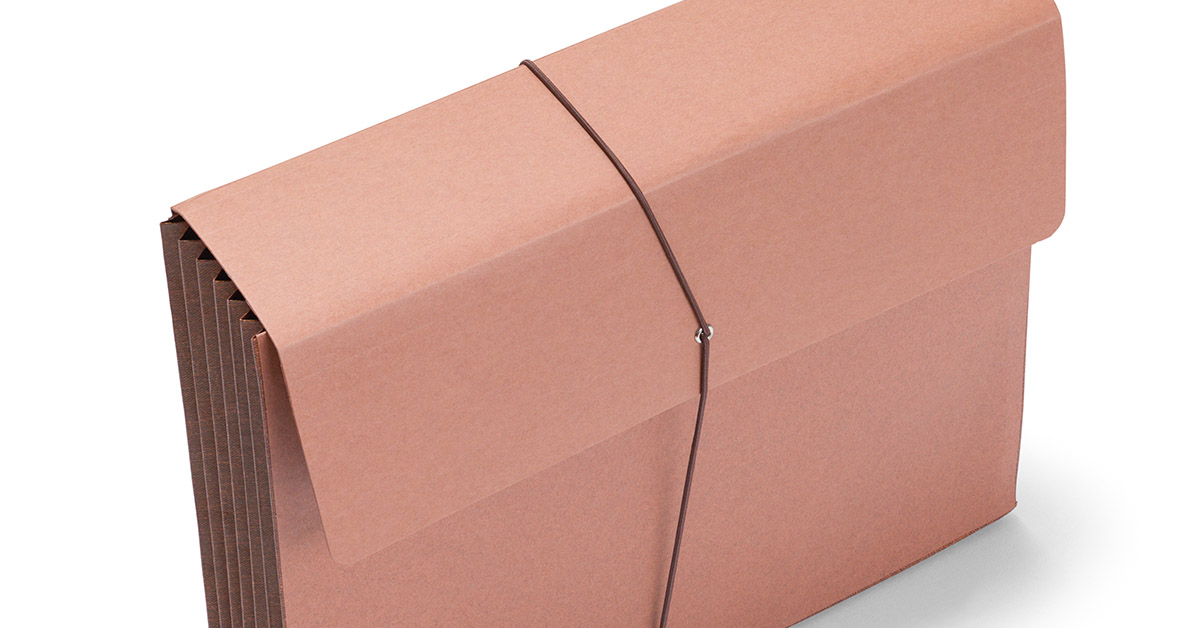While most people try to avoid thinking about death, it’s inevitable for everyone. As a result, it’s best to be prepared. Otherwise, loved ones are burdened with the task of sorting your affairs while simultaneously grieving your passing. However, creating a “When I Die” document can help remove some of the hassle.
Discovering a “When I Die” List

A few years ago, a woman named Ruth Byock had a heart attack while driving to her daughter Molly’s house for Thanksgiving. After receiving the news, Molly and her brother Ira went to their mom’s home to sort through her belongings. Despite expecting the typical mess children often inherit from their parents, they were surprised to find things were in order. Their mom had even created “When I Die” instructions, walking through the most important aspects of her life, including her finances and end-of-life wishes.
Read More: What It Means When People See Ghosts Before Death
Helpful but not Healing

While the “When I Die” file didn’t alleviate the pain of their loss, it did help to make an overwhelming situation more manageable. Typically, getting all the legal documents in order and filed can take about a year. However, the “When I Die” file eliminated much of the guesswork for Ruth’s children.
Reasons to Create a “When I Die” File

There are many reasons to create a “When I Die” file for your loved ones. Among them are:
- Eliminating chaos amidst a difficult time.
- Preventing loved ones from having to sort through clutter.
- Preventing loved ones from having to investigate to get into personal files.
- Saving loved ones time, money, and resources.
Going Beyond a Will

Most people have a will so their children and grandchildren can inherit their belongings when they’re gone. However, a “When I Die” file should contain more. Here are some other, lesser known, ideas to include:
- User names and passwords. This includes all social media accounts, banking apps, phones, and computers.
- Birth certificates.
- Marriage licenses.
- Divorce certificates.
- Prenuptial agreements.
- Military service documents.
- Health, home, and auto insurance information.
- Deeds to the house and other real estate documents.
- Titles for cars, trucks, motorcycles, boats, etc.
- A copy of your Driver’s License.
- A copy of Social Security Card and Number.
- Bank account numbers and PINs.
- Contact information for any lawyers or financial advisors.
- A list of your monthly bills with account numbers.
- Codes for doors, gates, and safes.
- The location of all spare keys for the house, cars, garages, or sheds.
- A signed and notarized advance directive.
- A will and living trust (with a certificate of trust).
- Instructions for your funeral.
- An ethical will.
- Add a list of colleagues and friends who should be informed of your passing (and their contact information).
Meaningful “When I Die” Suggestions

While creating a “When I Die” file with all the necessary documentation is a great way to help prepare your loved ones, you can do more to make the process as smooth as possible. Firstly, writing letters to your loved ones is a beautiful way to connect with them and offer them comfort after your passing. It’ll be a heartfelt and sentimental keepsake but won’t take up a lot of space or create a lot of clutter.
One sweet woman included her husband’s eulogy in her “When I Die” file so she could “pay him homage.” Even if he outlives her.
Read More: Teenager’s Near-Death Experience with Stevens Johnson Syndrome from Lamictal Prescription
A Will of Ethics

Most people know to have a will, ensuring their assets go to their kids and grandkids, hopefully preventing confusion or disagreements among family members and friends. However, older generations have ample wisdom that will be lost if it isn’t shared. As such, an ethical will is a great way to offer, wisdom or tips for improving certain aspects of life. It’s not meant to replace a legal will. Nor is it a legally binding document. But it’s a great way to pass your experiences and life lessons to future generations.
Perhaps, it will include an explanation for certain decisions, such as why you did or didn’t leave your children or belongings to someone specific. Alternatively, your “When I Die” file might contain an ethical will that includes journal entries or quotes that speak to who you are or how you feel about the people you love.
Advice for Loved Ones

Losing a loved one is never easy, nor is it possible to prepare emotionally. However, some things can help alleviate the stress often associated with making arrangements. For example, you can hire someone to run an estate sale, if you end up with material possessions that weren’t accounted for in the “When I Die” file.
Also, get numerous copies of the death certificate as you’ll likely have to send an official copy of proof of death to utility companies and banks.
Although the topic of death is one that most people prefer to avoid, it’s inevitable and therefore, must be addressed. Moreover, creating a “When I Die” file sooner is better than later because unexpected events happen.
Read More: Death Doesn’t Exist And May Just Be An Illusion, According To Quantum Physics
Sources
- “What You Need to Put in Your “when I Die” Folder.” The Browne Firm
- “Why You Need to Make a ‘When I Die’ File—Before It’s Too Late.” TIME. Shoshana Berger and BJ Miller. August 1, 2019.

